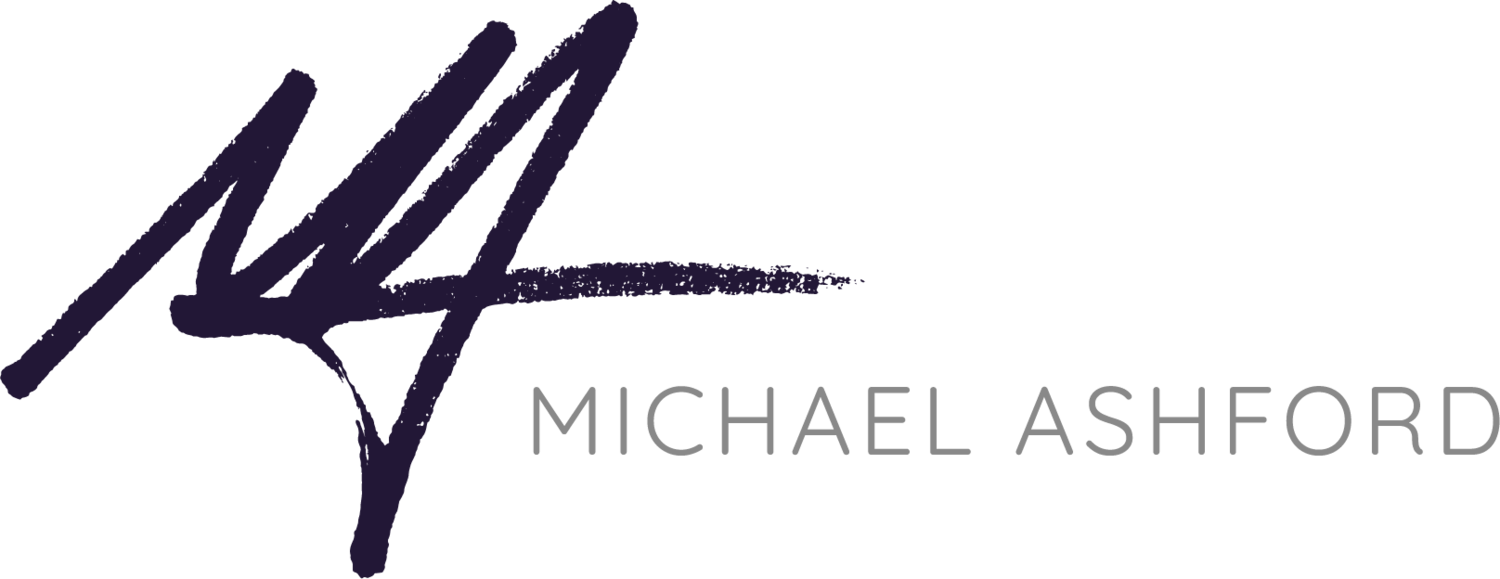What the best listeners and communicators do differently
By my best estimate, I’ve done somewhere around 5,000 interviews in the years since I first became a journalist.
Spend that much time asking people questions and you start to see some trends about human nature and behavior.
And one characteristic in particular has gripped my attention lately.
I’ve observed that the best listeners and communicators I know do one thing very differently than most people.
They check in with themselves before they start talking.
In a moment, they calibrate how they're feeling and what they hope to gain from the conversation, and then they begin the dialogue.
One of my very favorite quotes of all time specifically on this matter is from Holocaust survivor and psychiatrist Viktor Frankl: “Between stimulus and response there is a space. In that space is our power to choose our response. In our response lies our growth and our freedom.”
This self check-in sets incredible communicators apart, and here’s why...
In that moment of reflection, they determine how they want to show up.
They ask themselves: Am I angry and just want to vent right now? Or am I willing to listen and perhaps learn something I hadn’t known before?
They continue: Do I hope this conversation leads to a solution to a problem? Or do I simply want to voice my ideas and exert my views onto someone else?
You might be thinking “Michael, this is simply being self-aware.” And you’d be right.
Unfortunately, too many of us think we are capable of employing this level of self-awareness in moments where we’re put on the spot.
But the far more likely thing to happen is we respond out of habit or our base nature, which is assuredly far less self-aware.
And why wouldn’t it be? After all, all our lives, we’re taught to communicate through exertion rather than extraction.
If you have an opinion, voice it loud and proud, right?
But to come back to my main point, the best communicators know this isn’t true. They instead become interviewers themselves, seeking to extract the underlying emotions and feelings first from deep within themselves, and then from others.
Want to be a better listener and communicator?
Make an effort to practice an “extraction” type of self-awareness in lower-stakes situations so it becomes more second nature in more high-stakes, messy situations.
Become an interviewer — first of yourself, then of others.
Interested in improving your communication skills and presence? Learn more about what it’s like to work with me as your communication coach.

